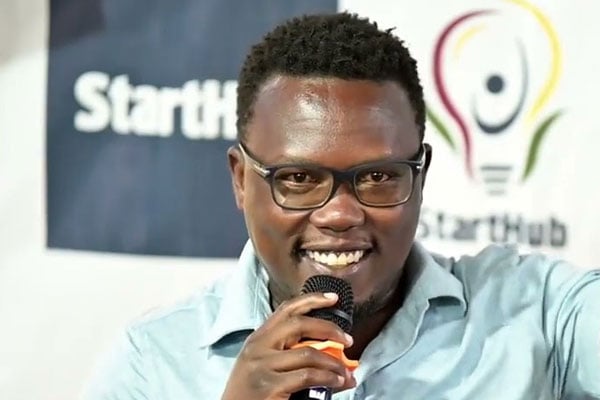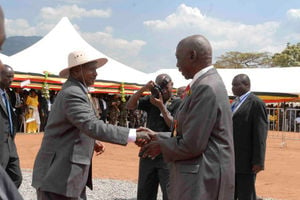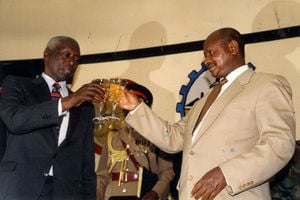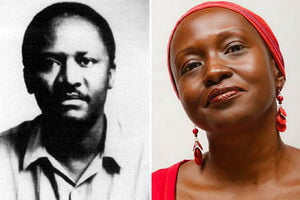
On September 15, President Museveni celebrated his 80th birthday; a huge milestone. He went to his old stomping grounds of Kijaguzo and Kawumu in the Luweero triangle. It was a colourful and fitting ceremony, celebrating one of Sub-Saharan Africa’s most consequential leaders. It also looked like a swansong.
At 80, even going by his own previous admission, human powers wane. Even the most optimistic Musevenist knows that the man has more presidential time behind him than he has before him. Kenya’s Daniel arap Moi left power at 78. For Museveni, the jury is still out but one gets the feeling he will run for office till the wheels fall off. He will have support, both genuine, rented or even intimidated but ultimately, the country will have to have a transition. For the future stability and success of the country, it’s important that questions around this are discussed.
When the transition inevitably comes, where do we go as a country? President Museveni, just like Moi, Teodoro Obiang Nguema Mbasogo, Paul Biya, Denis Sassou Nguesso, Mobutu Sese Seko et al is in the disappearing class of post-independent African leaders who sometimes derive their legitimacy from fear and Machiavellian means. They’re stronger than the institutions they preside over. Underneath these leaders, the systems are presided over by ruthless political merchants who through fashioning elite bargains turn the state apparatus into deal houses. For them, the leader becomes the bogeyman behind which they hide to loot their countries.
What happens after the leader leaves power? The process in the lead-up to this is the difference between a society descending into absolute anarchy or post-strongman success.
As we learnt from Moi, due to some atrocities committed during their reign and their very controlling nature, some leaders will not want to leave power without protecting the downside. They’d rather have a hand in determining who replaces them. For then president Moi, his own predecessor’s son Uhuru Kenyatta was the chosen one.
In 1999, he’s quoted as having said: “I don’t want the name of Kenyatta to disappear from the Kenyan political landscape. I’m looking for Uhuru Kenyatta. We must build that man and immortalise Kenyatta’s legacy”. And thus “the Kenyatta project” began.Kenya then had another election in 2007 which was marred by such massive rigging that even the head of the electoral commission later admitted to not knowing who the actual winner was, despite announcing president Kibaki.
Then came the 2007-2008 crisis in which more than 800 Kenyans are said to have died. Following this crisis, a moment of reckoning, a new bargain had to be had and it came in the form of the 2010 constitution which put constraints on what was then an imperial presidency.
Kenya’s first constitution was fashioned mostly upon the British system of governance and ultimately centralised government power to serve the needs of a small political elite. The new one empowered citizens and breathed life into other arms of government to the extent that the Kenyan Supreme Court annulled an election in 2017.
In present-day Uganda, going by press reports, we have palace wars that are largely interpreted as jostling for post-Museveni control of the State machinery. It is unclear how this will end but what’s certain is that the wheeler-dealing political merchants will ultimately pick the one who least threatens their access to the soup kitchen of the State.
Whether the chosen one ultimately ascends to power, only time will tell but what’s clear is that the country will need to have our Kenyan 2010 moment in which a new forward-looking constitutional order ensues. The solution will not be found in taking yet more power from the masses and concentrating it in the hands of a political elite. It will be in handing this power back to the people and subjecting leaders to the people’s will.
Mr Anthony Natif is team lead, Public
Square @TonyNat




